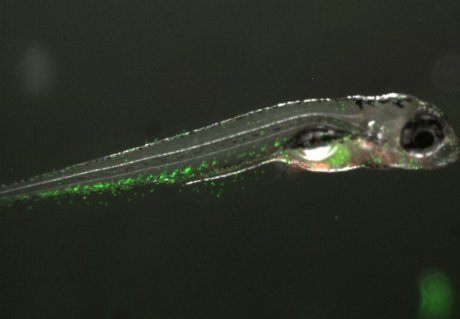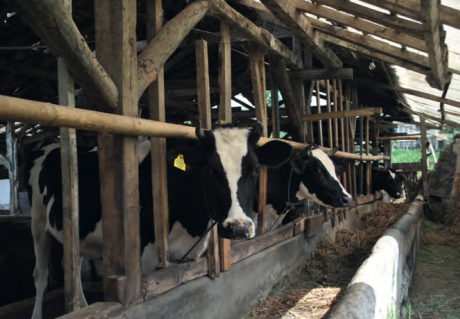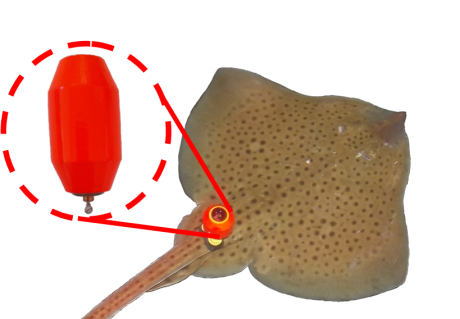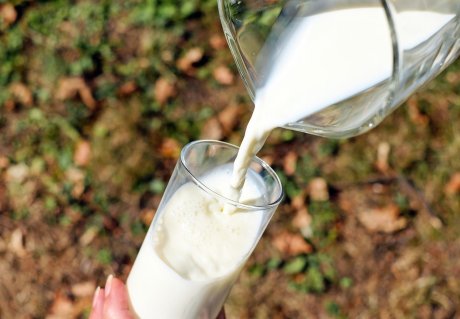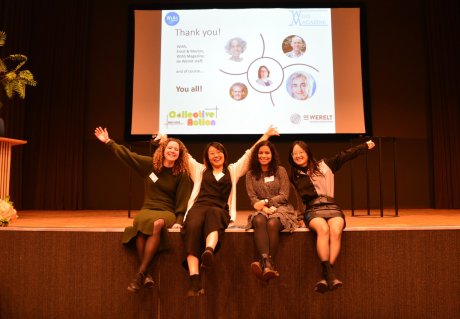
Inside insight - Advice from the three prize winners of the WIAS annual conference 2022
Every year WIAS hosts its annual conference (WAC) and thankfully this year we were allowed to have the WAC in-person again! The conference is a one-day event that aims to bring together PhD-candidates, staff, and researchers from different fields to promote and present research while encouraging collaboration across the field of animal sciences. As the editors of WIAS magazine we are very excited about the WAC because just like this magazine the conference is a platform for sharing the science that connects us all.
The conference highlights the best of what WIAS has to offer in the form of oral presentations, poster pitches and poster presentations. Presenting at the WAC can be challenging as WIAS has a broad range of chair groups and for this conference you really need to “consider your audience.” You want to convey the main message of your research whilst not losing the WIAS audience in too many details. Every year there is a prize for each of these categories and this year we interviewed the winners in each, they shared with us a tip that helped them get their award.
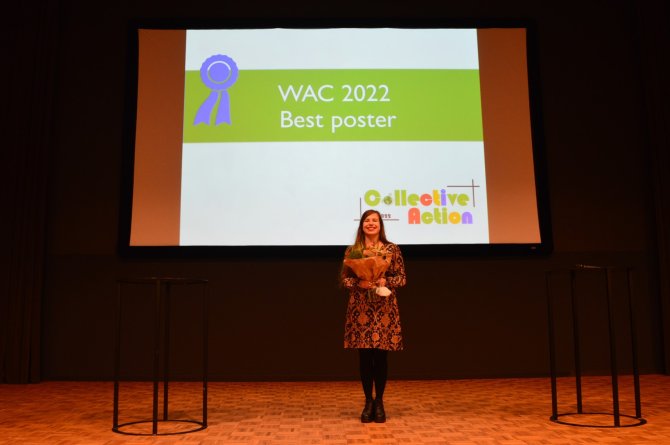
Annemiek Blasweiler – Winner best poster presentation WAC 2022
Can you tell us a little bit about your research?
My main interest lies in how genomes evolve through time. Vertebrate genomes are shaped by whole genome duplications, but the implications of these enormous gene duplications are hard to understand. I study the effects of duplication in the allotetraploid common carp, which luckily for me has undergone a recent whole genome duplication. I identify copied genes that occur in the two subgenomes of the common carp to look at how the two subgenomes are working together in one organism. I am very honored to have won best poster this year.
What advice would you give to next year’s presenters?
I would advise not to show to much at once. Take the key message of your work and use the clearest data to support this message in your poster.
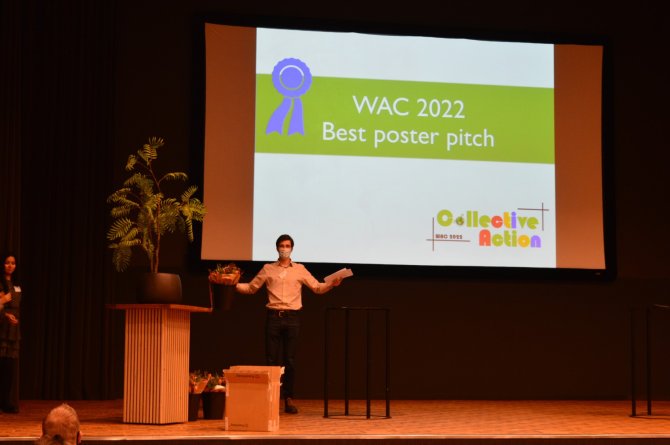
Vincent Oostvogels – Winner best poster pitch WAC 2022
Can you tell us a little bit about your research?
In four contrasting case study areas in the Netherlands and France, I am studying people’s views on biodiversity in relation to dairy farming. I aim to open diverse perspectives on what desirable futures for people and nature might look like. If we really want to halt biodiversity loss, we should also focus on human-nature relations, not just rare species and protected areas.
What advice would you give to next year’s presenters?
Practice your pitch the evening before during cooking, that helped me.

Peter Horstmann – Winner best oral presentation WAC 2022
Can you tell us a little bit about your research?
Yellowtail kingfish (Seriola lalandi) is a fast-growing fish species which is recently produced in recirculating aquaculture systems (RAS). One of the challenges of farming yellowtail kingfish in RAS is their poor fecal quality, due to their instable consistency and fine faecal particles. This poor quality makes it difficult to remove the solid faecal matter from the water, resulting in high concentrations of total suspended solids (TSS) in the RAS and effluent water. When remained in the system and effluent water, high concentrations of TSS cause problems concerning animal welfare, system functioning and environmental eutrophication. Therefore, my current project focusses on investigating ‘Factors affecting faecal quality and quantity of yellowtail kingfish’ to minimize the amount of TSS.
What advice would you give to next year’s presenters?
Make it understandable and very simple.

